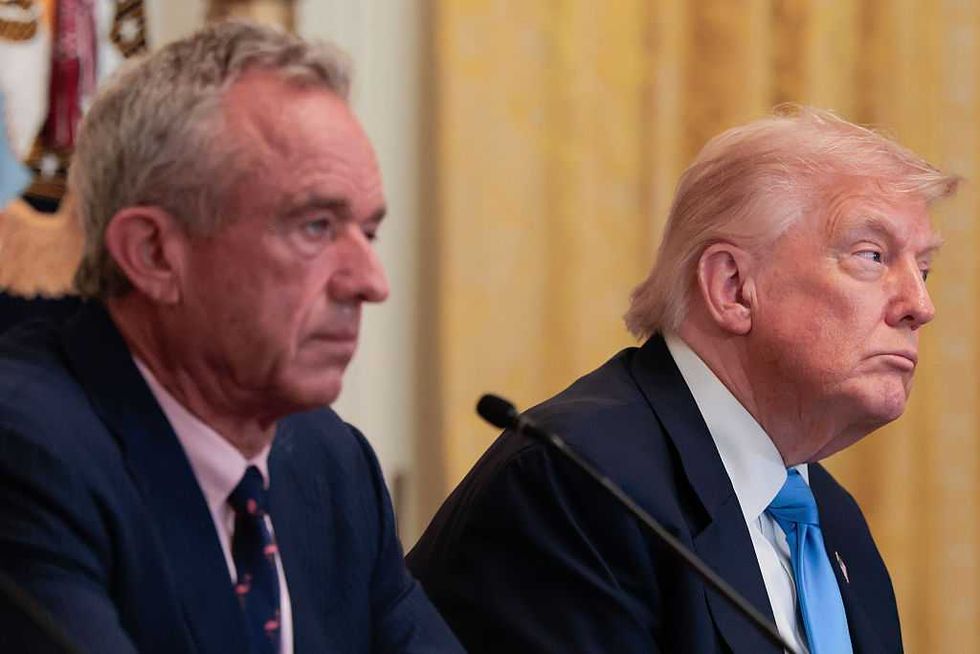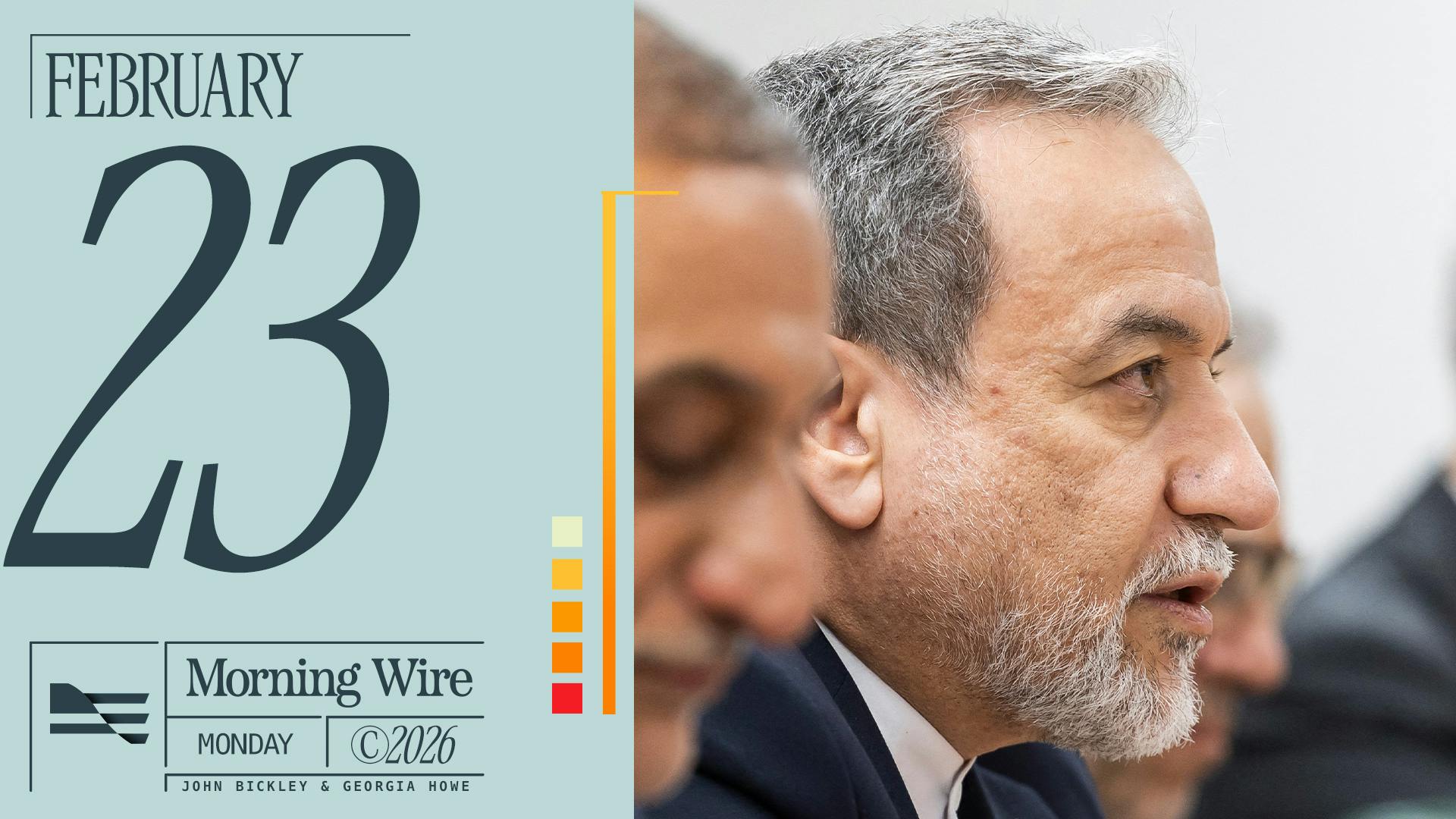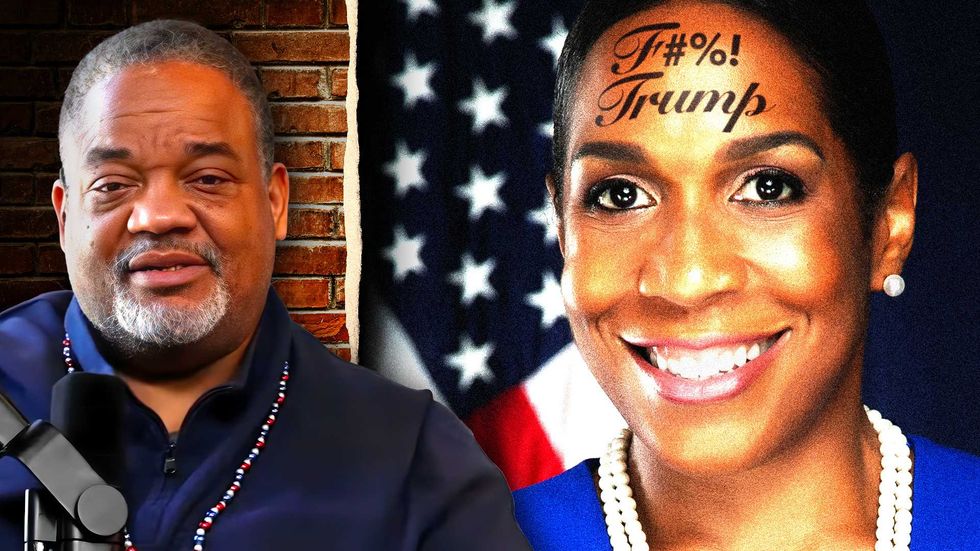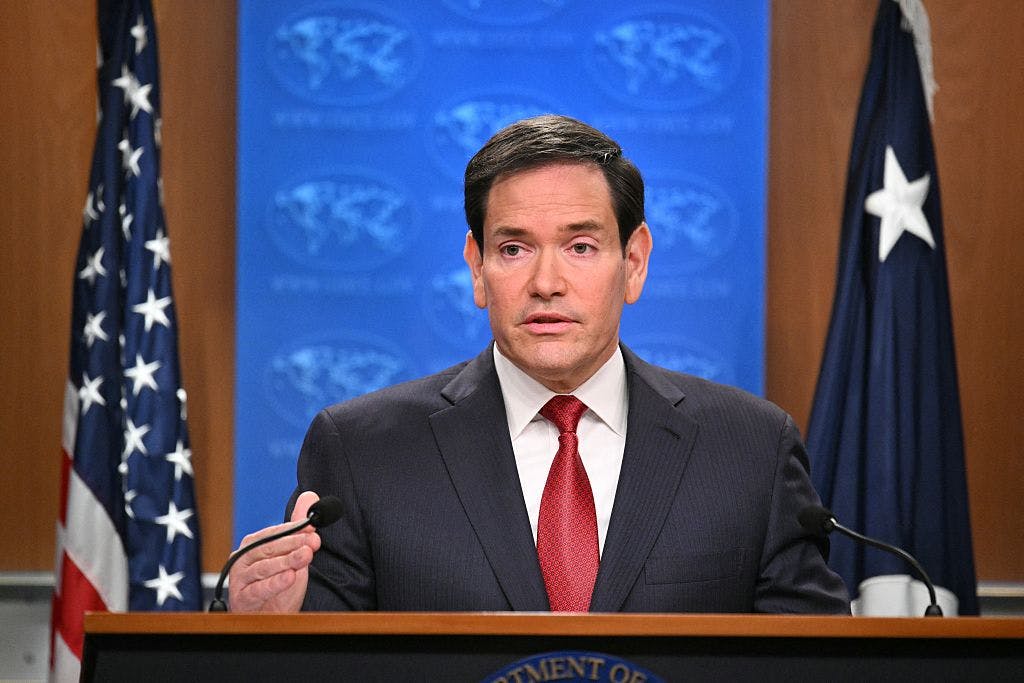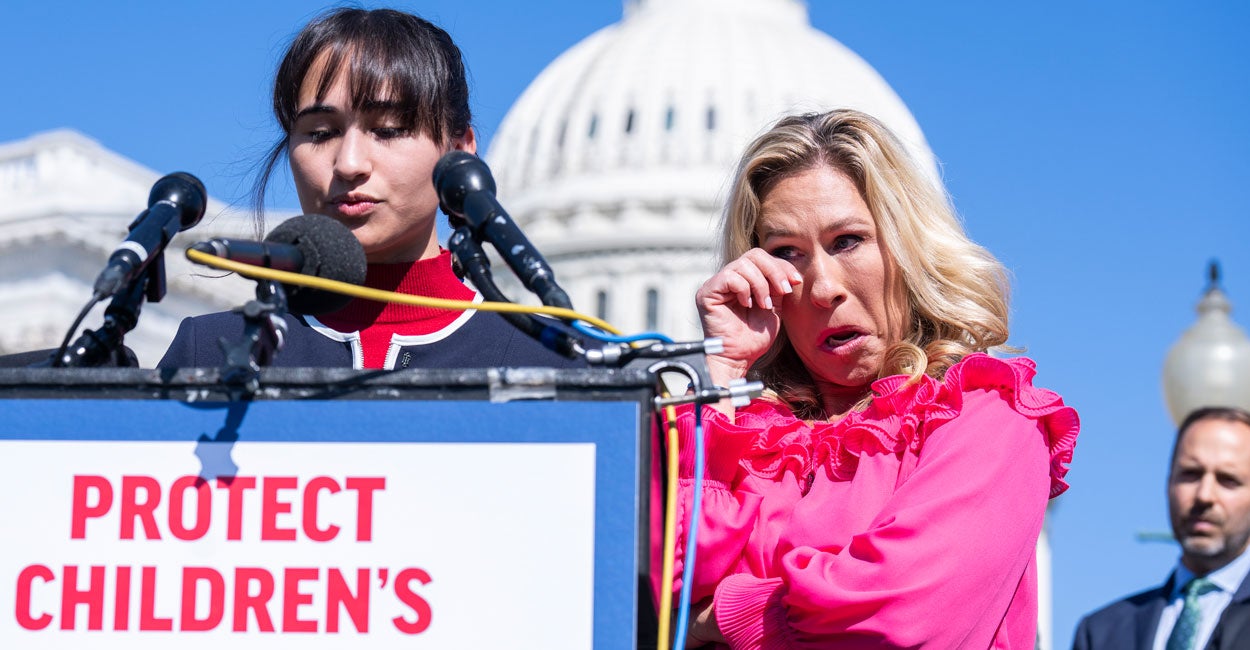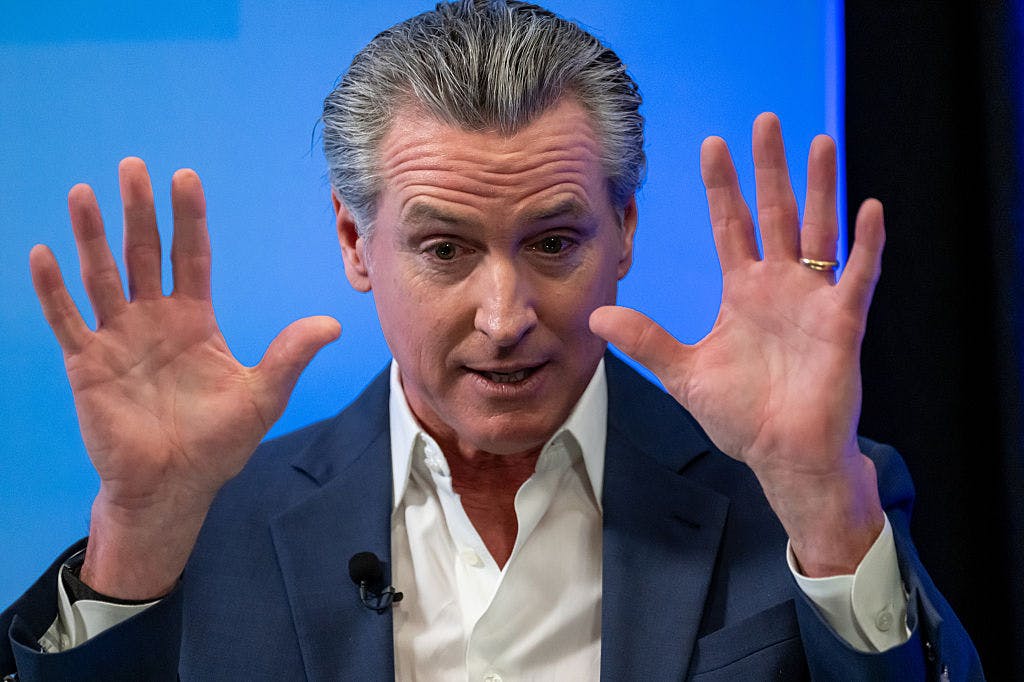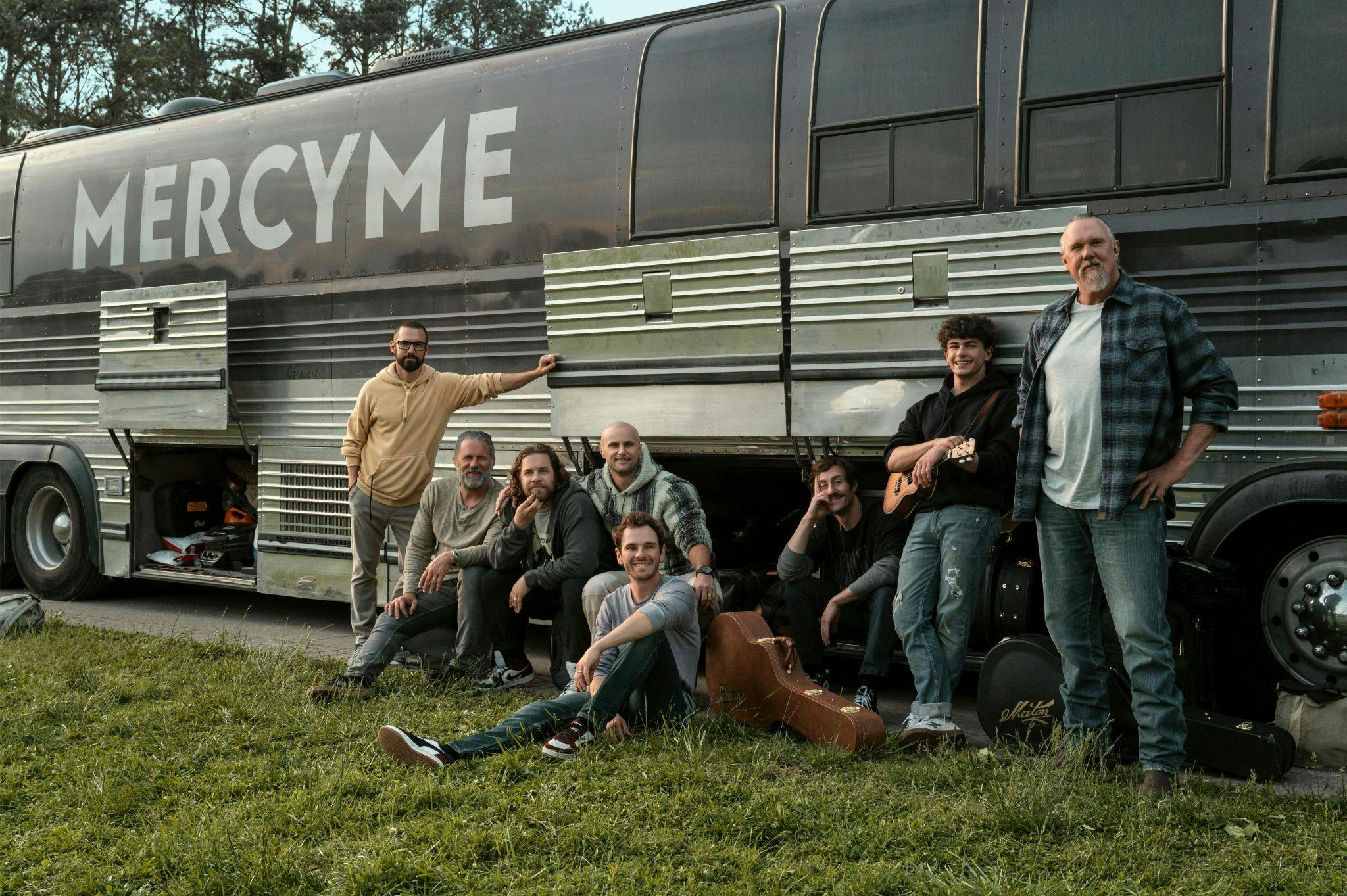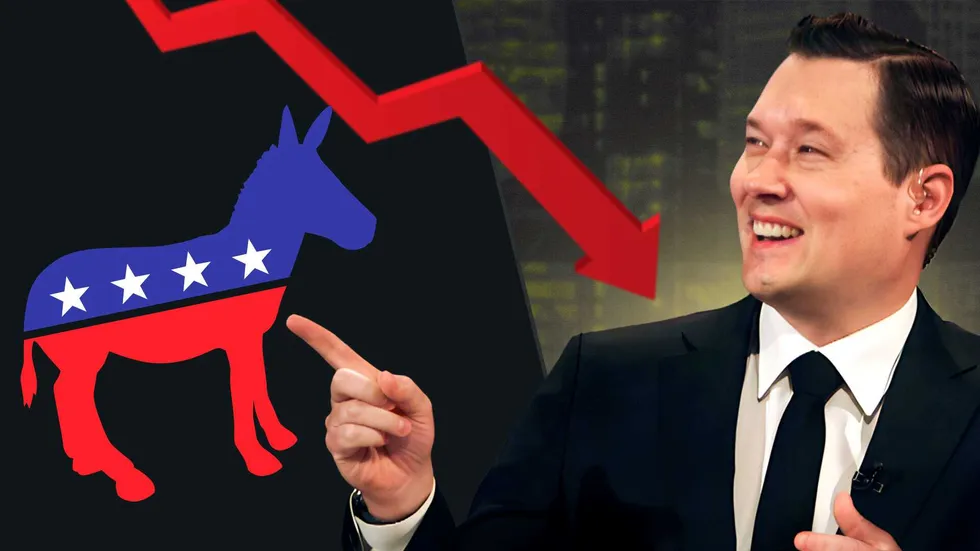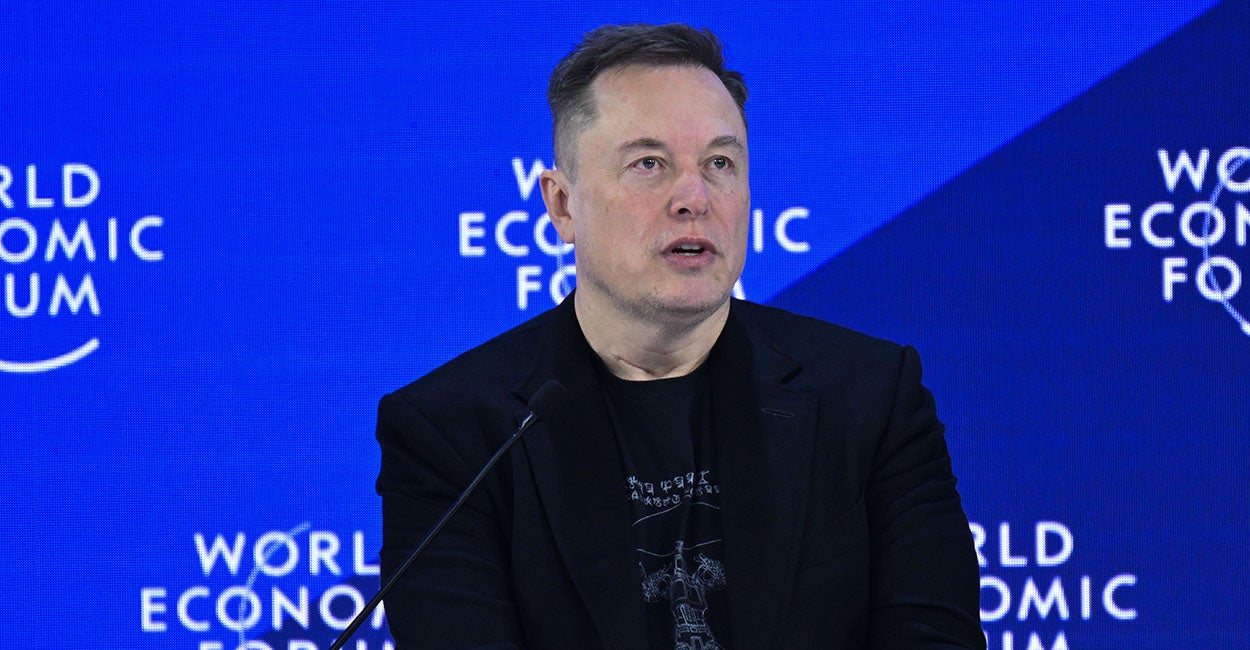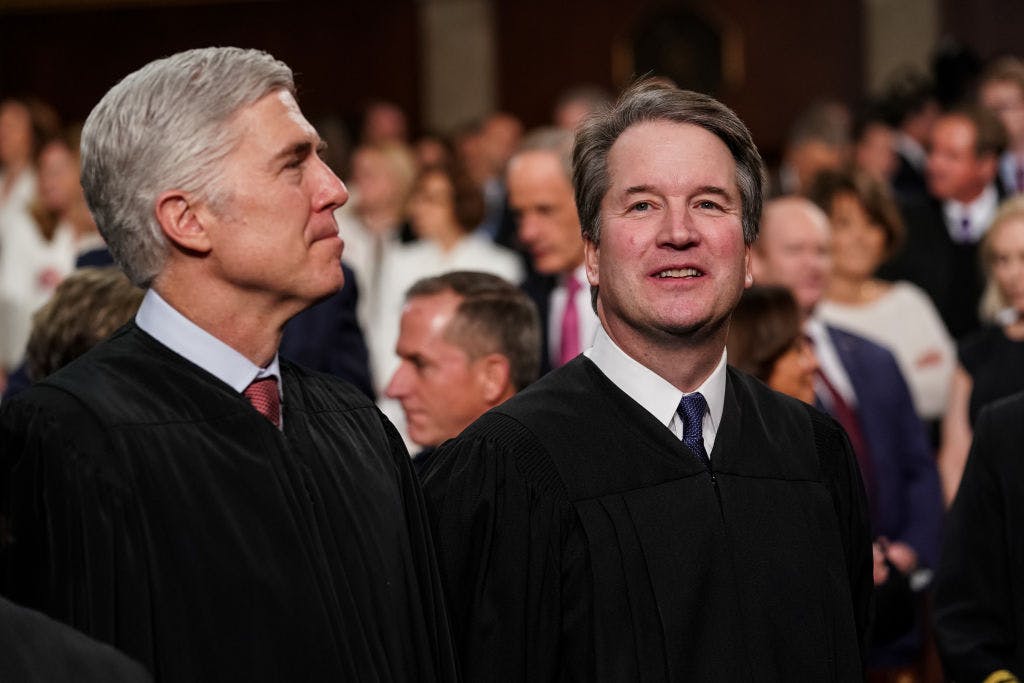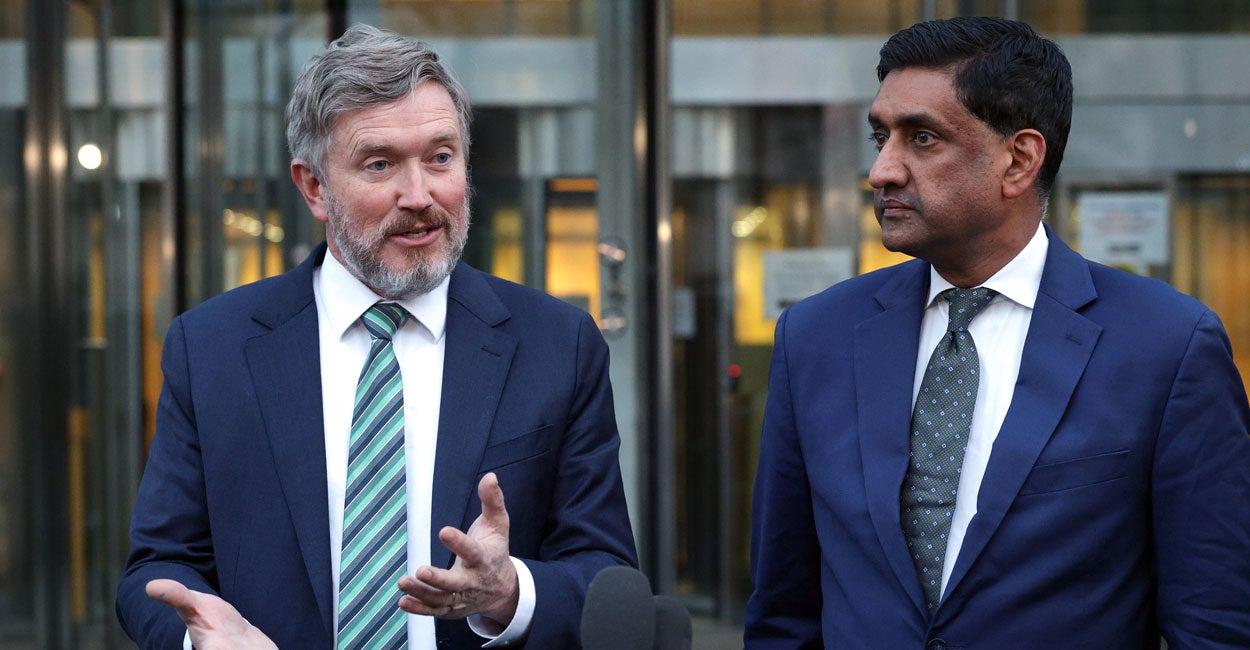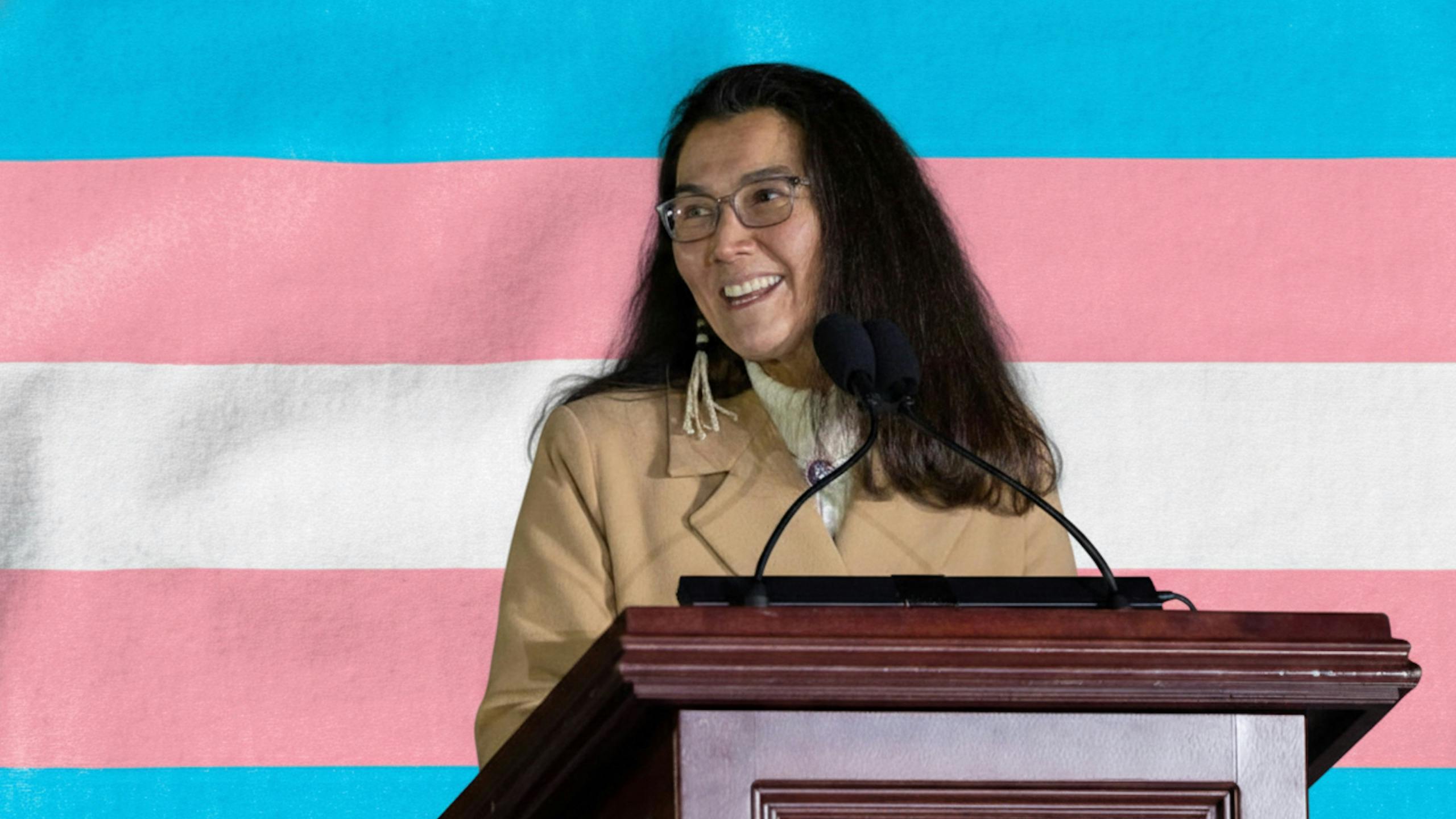Trump Extends An Olive Branch To Academia. The Ivory Tower Slaps It Away.
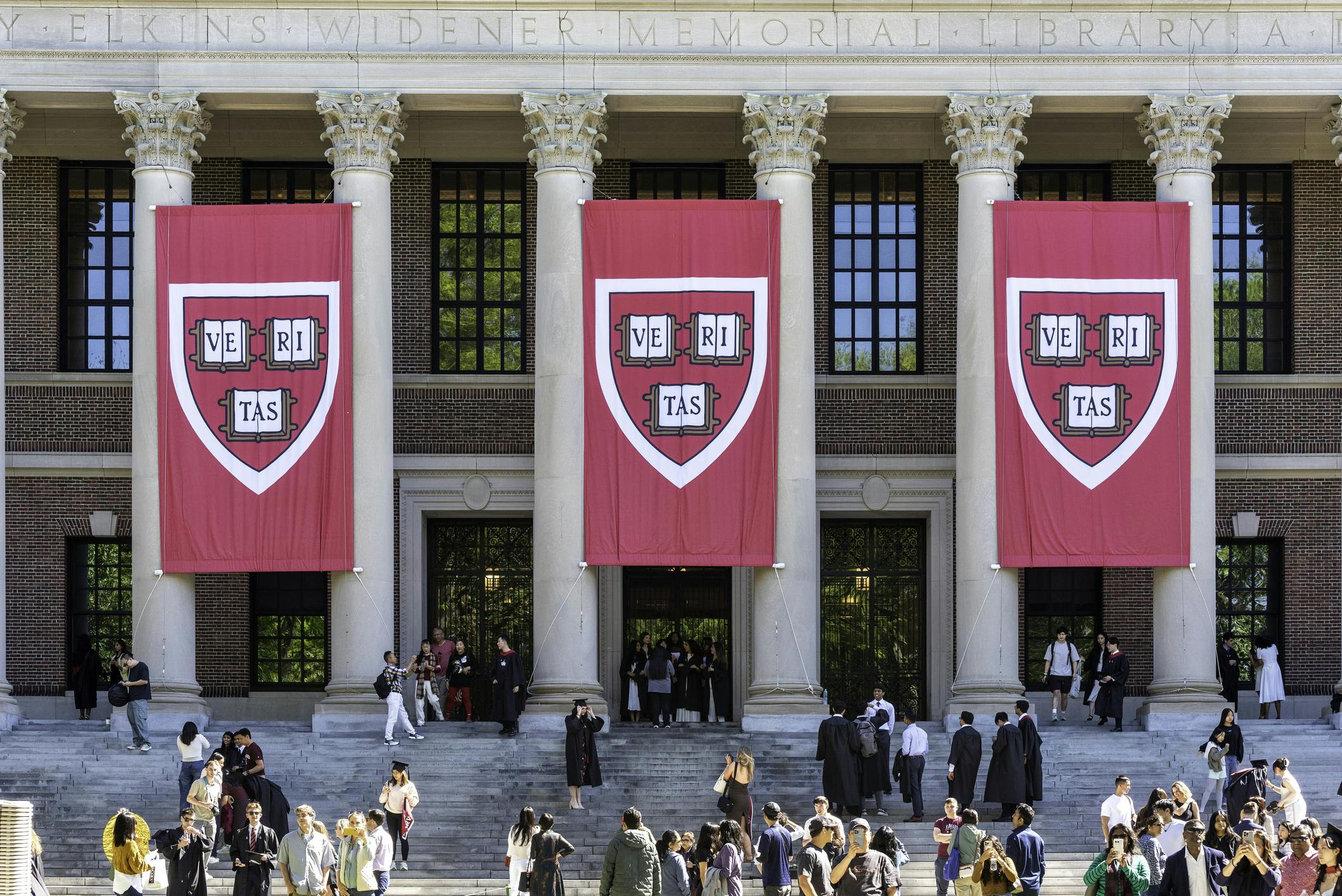
Higher education is in a downward spiral of decreasing public confidence from which it is incapable of escaping without outside intervention.
Live Your Best Retirement
Fun • Funds • Fitness • Freedom
For ideological and political reasons, however, most of higher ed is rejecting out-of-hand the Trump administration’s offers to help move higher ed back towards the center. That may prove to be a historic mistake.
A recent Pew survey shows 70% of Americans, including majorities across all major demographic groups and both political parties, believe academia is going in the wrong direction. In 2010, 75% of Americans thought college was “very important,” according to Gallup, and today only 35% do. This is an all time low.
There are many reasons for the loss of confidence, but part of it certainly is that higher education, particularly at the “elite” level, is a liberal bubble isolated from the mainstream. At Harvard, for example, under 10% of the faculty self-identify as conservative or very conservative compared with approximately 38% of the general public. Over 60% identify as liberal/very liberal compared to only 25% of the general public.
Harvard and other elite institutions do not “look like” America politically. For decades campuses cultivated a Critical Race and DEI culture that prizes group identity over individual merit, orthodoxy over debate, and exclusion over persuasion.
I see it at Cornell. DEI is a worldview that treats people as members of group identity categories and functions with something close to religious fanaticism. Changing the name from DEI to Inclusion and Belonging, as Cornell did, is just a superficial ploy.
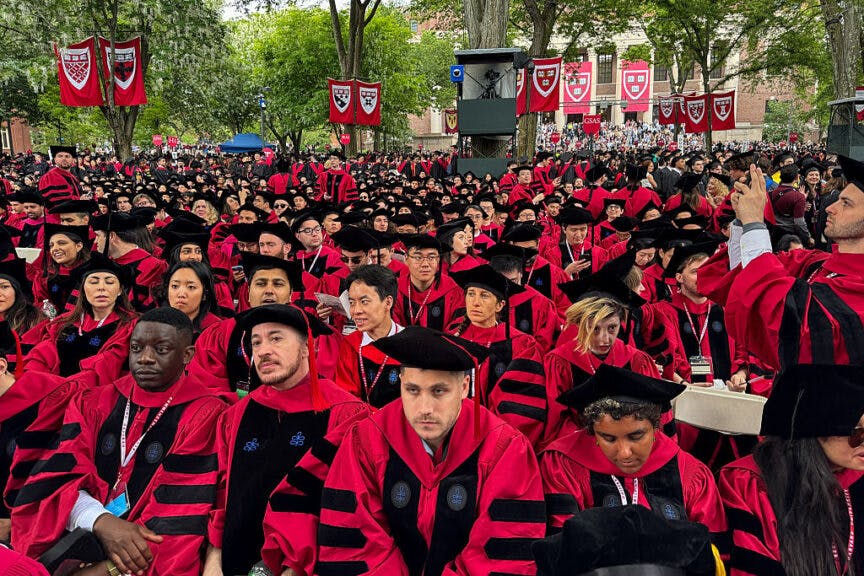
RICK FRIEDMAN/AFP via Getty Images
While mocking the general public, higher ed depends on that public, in the form of the federal government, which provides hundreds of billions in federal grants and support annually. Many top-tier research universities rely on federal grants and support for substantial double-digit percentages of their budgets.
With the change in federal government control from Joe Biden to Donald Trump, a clash over funding and the trajectory of higher education was inevitable.
President Trump’s critics say he is trying to smash higher education. That is wrong. What he is doing, with a bluntness that makes people uncomfortable, is using federal funding, the only lever left to rescue the failing system.
The administration’s new Compact for Academic Excellence in Higher Education offers financial incentives and expedited funding for institutions that reform and certify compliance in encouraging diversity of viewpoint, stopping discrimination, and raising merit rather than group identity as the focal point for advancement.
It’s a carrot and stick approach. The reward for moving towards the center is preferential funding treatment. For those that refuse, they can continue in the current system, where scrutiny of civil rights compliance risks loss of funding.
While the Trump administration has encouraged schools to seriously consider and provide feedback on the Compact, most who have responded have rejected any negotiation.
Instead, academia has embarked on a campaign to demonize the Trump proposal, framing it as “extortion.” While the higher education public relations campaign has had some impact in turning the public against Trump’s Compact, that doesn’t change the reality of public loss of confidence in higher education.
Objections to the Compact center on maintaining academic independence. That’s great in concept, but the reality is that nearly-complete independence has turned higher ed into an unsustainable political bubble.
Up to now, higher ed had almost unlimited funding and independence. All they had to do was not go crazy left. But they couldn’t restrain themselves, and that’s how they got Trump’s Compact.
An adult in the room is needed, and the Trump administration is attempting to play that role.
Most of the Compact’s proposed reforms are necessary. Protect free expression. Enforce existing conduct rules. Make administrators responsible for compliance. Limit practices that have turned American universities into leftist enclaves detached from the nation. The goal is not to impose a conservative orthodoxy but to restore diversity of thought and bring higher ed back towards the center.
Though the original deadline for the first nine schools has passed, the administration continues in discussion with them and others and has signaled openness as well. The universities should engage enthusiastically.
The Compact is not perfect, and there are some provisions that could be negotiated at least on a school-by-school basis. But to reject it out of hand is a sign that higher ed has not yet come to grips with reality.
Under the current system, America’s universities are losing the public’s confidence and will lose public funding and relevance. The Compact is not an attempt to destroy higher education, it’s an attempt to save higher ed from itself.
* * *
William A. Jacobson is a Clinical Professor of Law at Cornell Law School and founder of the Legal Insurrection Foundation and its Equal Protection Project.
The views expressed in this piece are those of the author and do not necessarily represent those of The Daily Wire.
Join us now during our exclusive Deal of the Decade. Get everything for $7 a month. Not as fans. As fighters. Go to DailyWire.com/Subscribe to join now.
Originally Published at Daily Wire, Daily Signal, or The Blaze
What's Your Reaction?
 Like
0
Like
0
 Dislike
0
Dislike
0
 Love
0
Love
0
 Funny
0
Funny
0
 Angry
0
Angry
0
 Sad
0
Sad
0
 Wow
0
Wow
0
